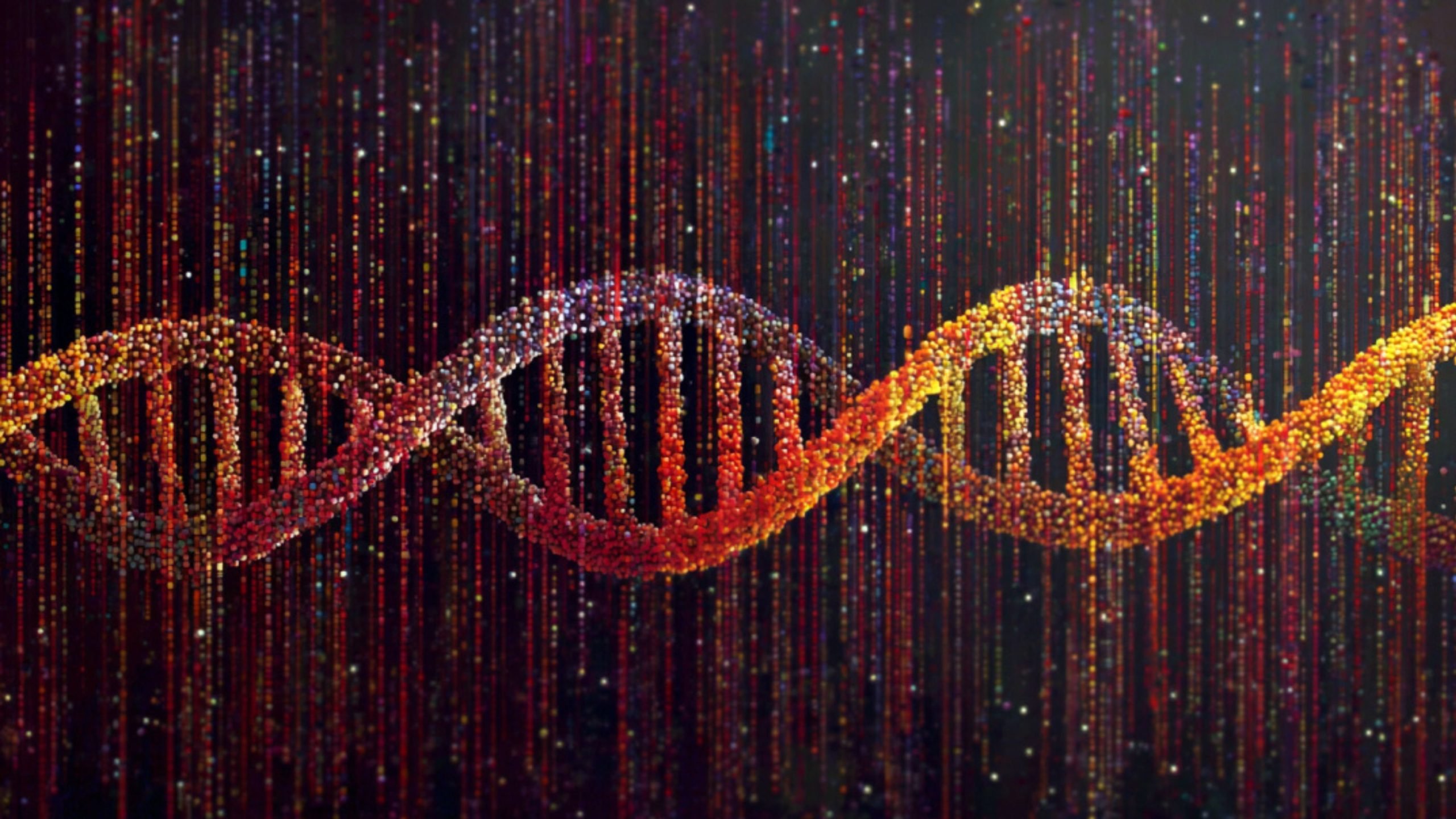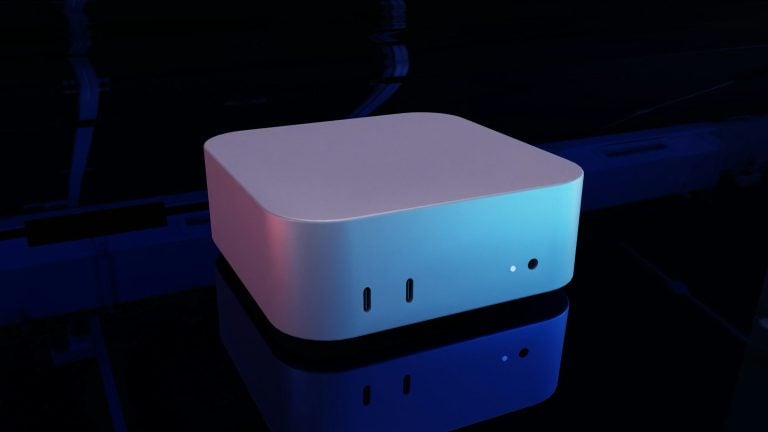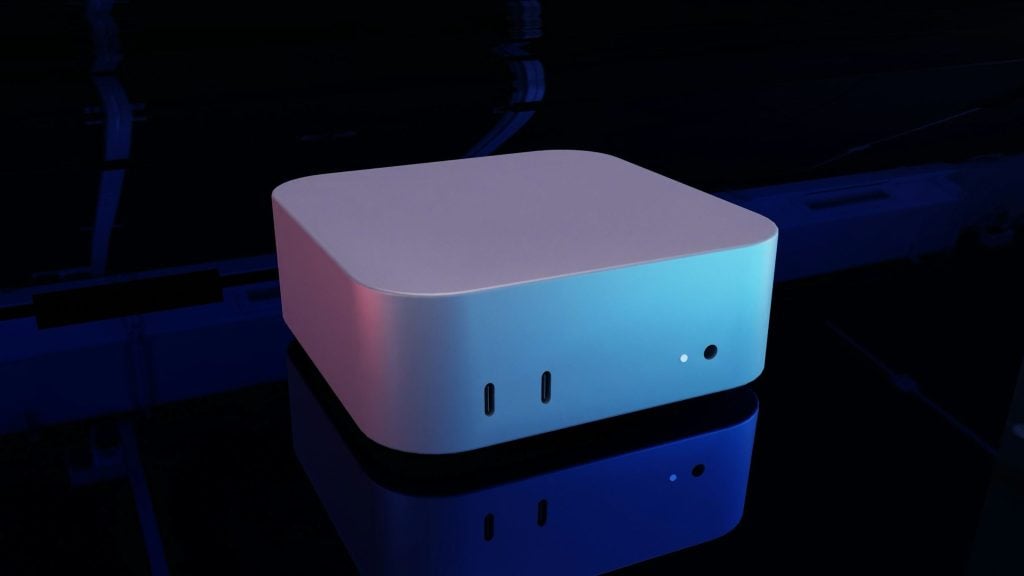A constitutional battle in New Jersey over the state’s newborn screening program has intensified, as parents now cite the government’s own words to argue that officials pierce newborns’ skin to “seize their blood, analyze the information contained within it, and keep that blood and information for potential later use and sharing with third parties, all without parents’ consent or a warrant.”
The amended class action complaint, filed October 6 in federal court, challenges what it calls “nonconsensual and warrantless blood collection, screening, and retention practices,” claiming that state officials continue to “puncture the skin of every child born in New Jersey to seize blood for testing without parental consent” despite recent policy revisions.
We obtained a copy of the lawsuit for you here.
According to the filing, the issue is not the screening itself, which checks newborns for dozens of serious genetic and metabolic conditions, but what happens afterward.
“Despite getting test results within two weeks, New Jersey kept the remaining portion of each baby’s blood for 23 years—or at least it did until Plaintiffs sued,” the complaint says.
“Before Plaintiffs sued, New Jersey did not ask parents if the state could seize or analyze their newborn’s blood, nor did New Jersey inform parents that it would keep any remaining blood after initial testing.”
The plaintiffs, represented by the Institute for Justice, say their demands are straightforward: “Just ask parents for consent.” They even proposed a template consent form to the Department of Health, but say the agency refused to implement it.
“Defendants cannot sidestep the Constitution just because they think some parents will make, as Defendants see it, the ‘wrong’ choice,” the complaint states.
One mother, Rev. Hannah Lovaglio, said she was “appalled” to discover the practice, noting that “New Jersey punctured the skin of both of [her] boys and physically manipulated their heels to collect their blood” without ever asking permission. The lawsuit adds that she “worries that New Jersey is abusing its nonconsensual, continued possession of her children’s remaining blood.” Another parent, Erica Jedynak, described the state’s storage system as “a creepy database,” calling the collection of baby blood “immoral.”
The complaint alleges that “New Jersey does not just keep children’s remaining blood for itself,” but has “been caught giving that blood to third parties,” including law enforcement.
Citing public records, it notes that state police obtained samples on at least five occasions “without a warrant,” and that officials have “given or sold blood from its baby blood stockpile to other third parties, including, but not limited to, researchers, companies, and other government agencies.”
While the state in 2024 shortened the storage period to two years for healthy infants and ten years for those with positive test results, parents say this “voluntary and non-binding” policy change is missing the one thing that matters: consent.”
The filing adds, “Nothing prevents Defendants, or the Attorney General, from rescinding, amending, or changing their policy changes tomorrow.”
The parents argue that both the Fourth and Fourteenth Amendments are being violated.
The Fourth, they write, protects the “right to be secure in their persons,” which includes “the right to be free from intrusion into, and removal of material from, the human body.”
The complaint continues, “People’s property and privacy interests in their blood and associated genetic material do not dissipate when that blood is taken physically from inside their bodies by state action.”
The Fourteenth Amendment claim centers on parental autonomy. “Parents, on behalf of their children—not New Jersey—control whether and how the state may intrude into their children’s bodies for medical testing,” the document states.
“A simple and less-restrictive alternative exists: Simply obtain voluntary consent from parents to keep their baby’s remaining blood for specific disclosed purposes prior to its storage, use, and potential sharing with third parties.”
If granted class-action status, the suit could cover more than 100,000 families each year. The plaintiffs seek a court order requiring the state to “either obtain parental consent to retain their children’s blood for purposes other than testing, or return or destroy the blood spots and all associated data.”
The case is a test of how governments handle genetic information in the age of AI and predictive DNA analysis.
The families’ attorneys argue that, as “artificial intelligence has begun transforming the interpretation of genetic data,” there is “a particularly heightened need to maintain privacy and control over blood and the genetic information contained within.”
The outcome could reverberate far beyond New Jersey, reshaping how states manage newborn blood repositories that now contain samples from hundreds of millions of Americans.
The New Jersey blood spot case exposes a growing privacy crisis rooted in genetic data and AI.
Every drop of blood collected from a newborn carries the entire code of that person’s identity, a permanent signature that cannot be altered or replaced.
If those samples or their digital genetic profiles were ever leaked, copied, or shared without consent, the damage would be irreversible. DNA cannot be revoked or reset. Once it escapes state custody, control over it is gone forever.
In the age of artificial intelligence, the risk compounds. Modern AI systems can take raw genetic data and predict traits ranging from disease risk to ancestry and physical appearance. They can draw links between relatives, reconstruct family trees, and even identify individuals from what was once thought to be anonymous genetic material.
A database of newborn DNA, if accessed by the wrong entity or merged with commercial or law enforcement records, could enable surveillance on a scale never before possible. It would turn what began as a health initiative into a lifelong system of biological tracking.
The concern is not only that data could be stolen or misused but that it could be quietly repurposed. A genetic profile kept for testing today could be mined tomorrow for research, insurance assessments, or law enforcement searches.
The New Jersey lawsuit warns that “people’s property and privacy interests in their blood and associated genetic material do not dissipate when that blood is taken physically from inside their bodies by state action.”
That principle matters now more than ever, because once a government or third party gains access to DNA, the line between health protection and population monitoring begins to blur.










